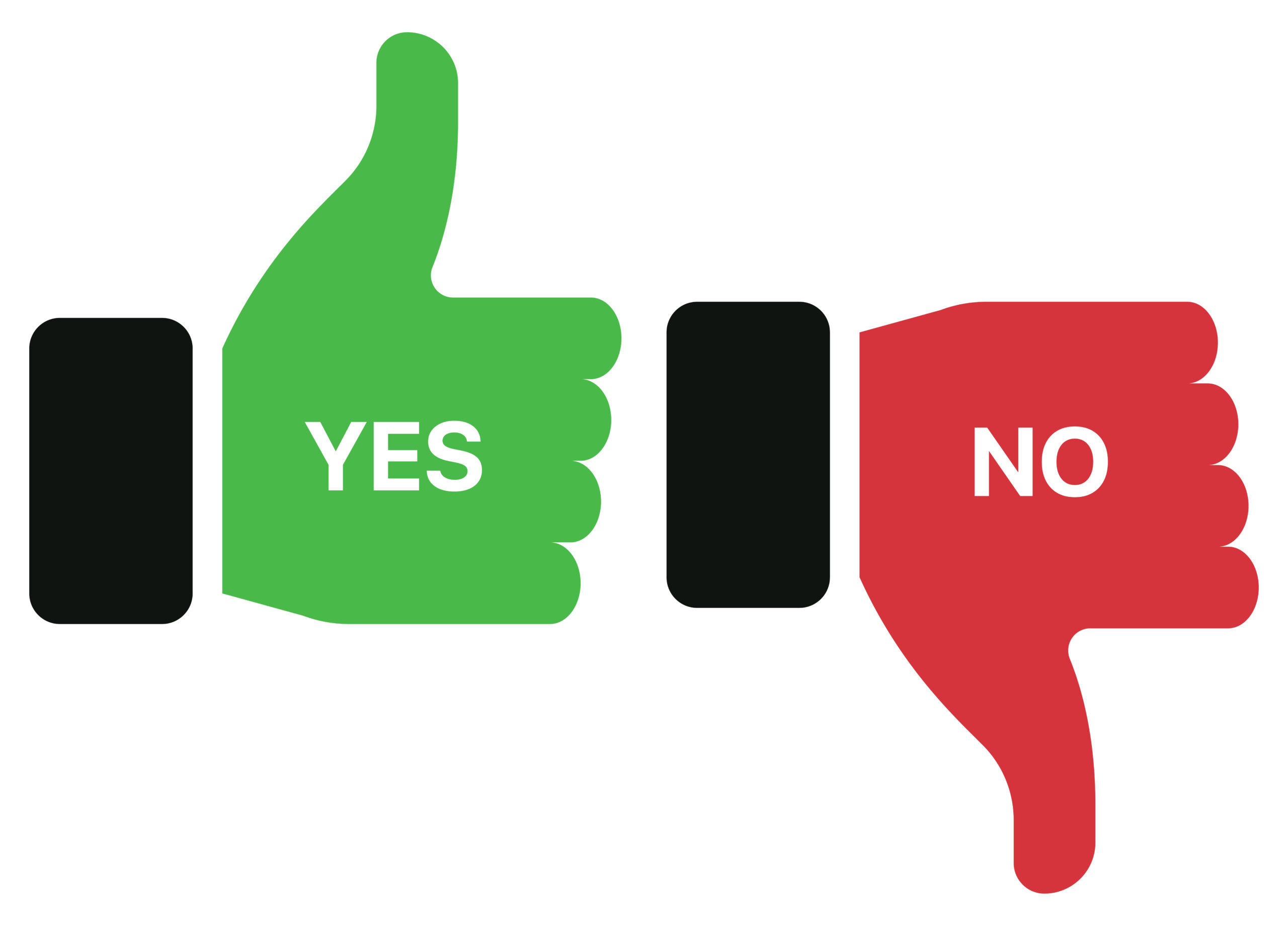In the dynamic world of sales, success is often determined by a combination of strategy, skill, and ethical conduct. While there are countless approaches to selling, not all methods are created equal. Some practices can yield positive results in the short term but may harm relationships and reputations in the long run. Let’s explore the fine line between acceptable and unacceptable sales practices.
OK Practices:
Honesty and Transparency: Building trust is essential in sales. Being honest about product capabilities, pricing, and potential outcomes establishes a solid foundation for lasting customer relationships.
Active Listening: Understanding the needs and concerns of customers is crucial. Active listening allows sales professionals to tailor their approach to address specific pain points and offer meaningful solutions.
Value Proposition: Highlighting the value proposition of a product or service demonstrates its relevance to the customer’s needs. Focusing on benefits rather than features helps prospects envision the impact on their lives or businesses.
Relationship Building: Successful salespeople invest time in nurturing relationships with customers. This involves maintaining regular communication, providing support after the sale, and demonstrating a genuine interest in the client’s success.
Continuous Learning: The sales landscape is constantly evolving. Embracing a continuous learning mindset enables sales professionals to stay updated on industry trends, refine their skills, and adapt to changing market dynamics.
Not OK Practices:
Misrepresentation: Exaggerating product capabilities or making false promises to close a sale is unethical. While it may result in short-term gains, it damages credibility and can lead to negative word-of-mouth and potential legal consequences.
High-pressure Tactics: Pressuring customers into purchasing aggressive tactics or false scarcity creates a sense of distrust and can tarnish the reputation of both the salesperson and the company.
Ignoring Feedback: Disregarding customer feedback or failing to address complaints can alienate clients and damage relationships. Listening to concerns and taking proactive steps to resolve issues demonstrates a commitment to customer satisfaction.
Lack of Transparency: Hiding important information, such as hidden fees or contract terms, breeds mistrust. Transparency fosters open communication and ensures that customers make informed decisions.
Neglecting Ethics: Engaging in unethical behavior, such as bribery or kickbacks, undermines the integrity of the sales process. Upholding ethical standards is essential for maintaining trust and credibility in the eyes of customers and stakeholders.
While the sales profession is inherently competitive, ethical conduct should always remain a top priority. By adhering to honesty, transparency, and customer-centricity principles, sales professionals can build strong relationships, foster loyalty, and achieve long-term success.




